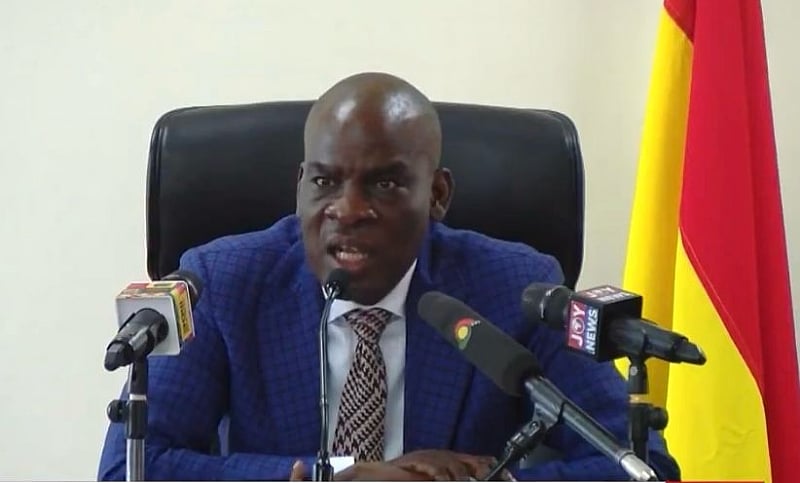Ghana’s Minister for Education, Haruna Iddrisu, has articulated the government’s unwavering commitment to eliminating the double-track system in senior high schools by 2026. This system, implemented to accommodate the increased student population following the introduction of free Senior High School (SHS), divides the academic year into two tracks, with different groups of students attending school in alternating periods. While it expanded access to education, the double-track system has presented challenges related to instructional time, student engagement, and overall educational quality. Minister Iddrisu’s announcement signals a significant step towards addressing these concerns and ensuring a more consistent and effective learning experience for all students. The government’s commitment represents a recognition of the importance of providing equitable and high-quality education to all Ghanaian youth, regardless of location or socioeconomic status.
Central to the government’s plan is a substantial investment in educational infrastructure. President John Dramani Mahama has directed the allocation of GHS1 billion (approximately $85 million USD) from the Ghana Education Trust Fund (GETFund) to finalize stalled and incomplete infrastructure projects. This funding will be instrumental in facilitating the transition away from the double-track system. The construction and completion of classroom blocks, assembly halls, and other essential facilities will create the necessary physical capacity to accommodate all students simultaneously, eliminating the need for the alternating track system. This investment underscores the government’s recognition of the vital role infrastructure plays in enhancing the quality of education and providing a conducive learning environment.
The disparity in educational quality among different categories of schools in Ghana is a pressing concern that the government aims to address through this initiative. The classification of schools into categories A, B, and C often reflects disparities in resources, infrastructure, and teacher quality. Parents naturally aspire for their children to attend Category A schools, which are perceived to offer better educational opportunities. By investing in infrastructure development and expanding access to quality education across all categories of schools, the government seeks to bridge this gap and ensure that all students have access to comparable learning experiences, regardless of the school they attend. This commitment to equity underscores the government’s dedication to providing equal opportunities for all children to succeed.
The allocation of GHS1 billion represents a significant financial commitment to improving the educational landscape in Ghana. The strategic use of these funds to complete existing projects demonstrates a focus on maximizing efficiency and minimizing waste. By completing stalled projects, the government can quickly expand educational capacity and address the immediate needs of students and schools. This approach avoids the delays and costs associated with initiating entirely new construction projects, ensuring that the allocated funds have the greatest possible impact on improving educational access and quality. The prioritization of completing existing projects reflects a pragmatic approach to resource allocation and a commitment to delivering tangible results in a timely manner.
Beyond infrastructure development, the government is also emphasizing the importance of maintaining the free SHS policy. Minister Iddrisu reaffirmed the government’s commitment to free SHS, recognizing its crucial role in enhancing literacy and numeracy rates across the country. While acknowledging the challenges associated with implementing and sustaining the program, the government views free SHS as a fundamental pillar of its educational agenda. The commitment to free SHS reinforces the government’s dedication to ensuring that financial constraints do not prevent any child from accessing secondary education. This policy is seen as a vital investment in the future of Ghana, empowering its youth and fostering economic growth.
The government’s comprehensive approach to improving senior high school education involves not only eliminating the double-track system and investing in infrastructure but also leveraging digital measures to enhance access and quality. Minister Iddrisu highlighted the role of digital technologies in expanding educational opportunities, suggesting that the government is exploring innovative approaches to learning and teaching. This may involve integrating technology into classrooms, utilizing online learning platforms, and providing digital resources to students and teachers. By embracing technology, the government aims to create a more dynamic and engaging learning environment, preparing students for the demands of the 21st-century workforce. This forward-looking approach demonstrates a commitment to modernizing the education system and equipping students with the skills they need to thrive in a rapidly evolving global landscape.


